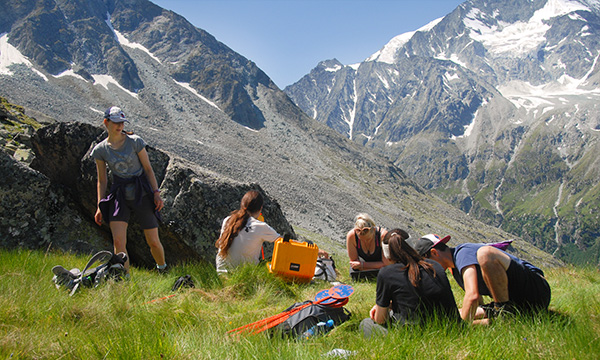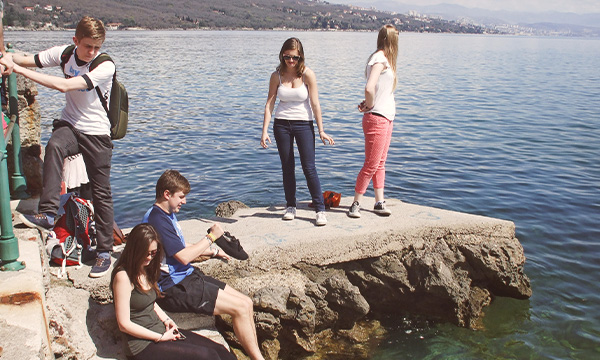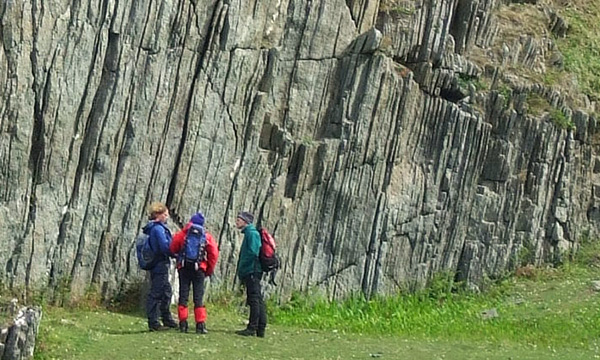Switzerland
You will select from one of six interconnected study themes to explore: alpine climate and hydrology; glacial processes; alpine rivers; streams; soils; and ecosystems. Through the collection of significant amounts of field data on your chosen theme, you will gain an understanding of a particular thematic focus of alpine environments.












